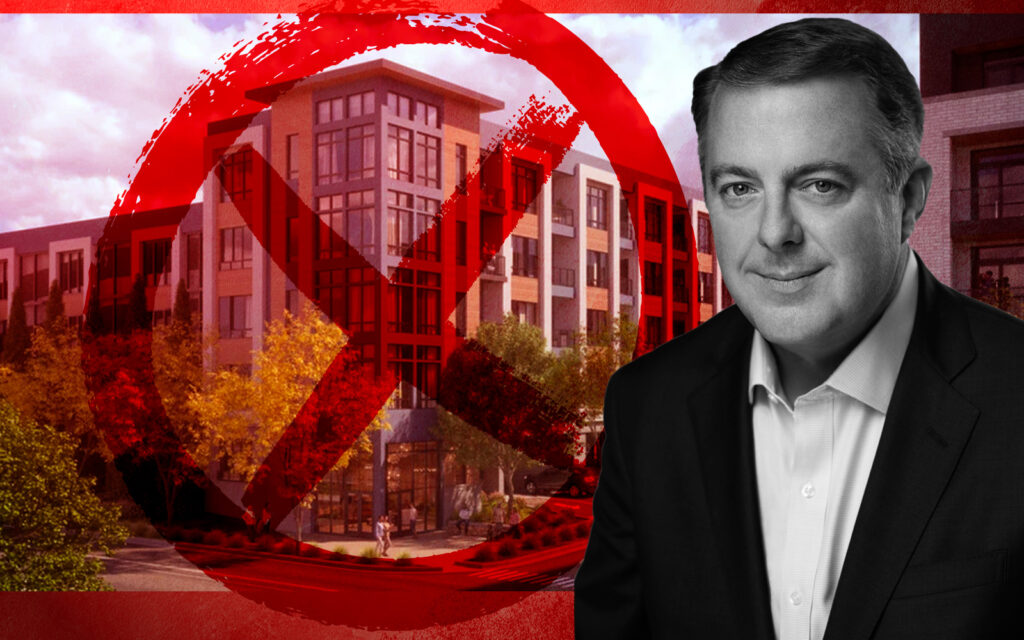According to an article by the Boston Globe, a proposed apartment complex in Braintree, Massachusetts, by a national housing developer became the epicentre of a controversial eight-month saga, showing the challenges of tackling the housing problem in Greater Boston.
The plan proposed by ZOM Living, a real estate developer, called for the construction of two huge buildings with a combined total of 495 apartments on parking lots in the neighbourhood of South Shore Plaza.
However, the initiative was met with substantial opposition from local neighbours, which was encouraged by Mayor Charles Kokoros’ public condemnation of the plan.
Residents have voiced their concerns on the proposed apartments’ impact on the neighborhood’s density, traffic, water and sewer infrastructure, and overall safety, with some even comparing them to arsenic.
At public hearings, there was a lot of shouting and contentious back and forth between attendees, and signs denouncing the “monster project” started appearing in yards all throughout the town. ZOM was up against a difficult obstacle when it came to overcoming the competition.
The mall’s owner, Simon Property Group, approved of the developer’s plan to revitalise the South Shore Plaza by constructing apartments in the area immediately adjacent to the shopping centre. It was anticipated that the project will bring in an additional yearly tax revenue of $800,000 for Braintree and assist in addressing the local housing shortage. The South Shore required the addition of 44,000 units between the years of 2010 and 2030 in order to meet demand.
The mayor of the town, Kokoros, was opposed to the project, despite the fact that several members of the town council were in favour of it. Kokoros stated that the proposal violated the area’s original zoning for housing, had an unrealistic amount of units, and caused problems over traffic and infrastructure. Kokoros gave the impression that he would exercise his right to veto the project if the Town Council voted in favour of it.
Residents of Braintree and officials were able to have a substantial amount of influence over proposed developments thanks to the city’s zoning and approval process, which is very similar to those used in other places. Both the unfavourable recommendation of the Planning Board and the position taken by the mayor had a significant impact on the outcome of the project.





